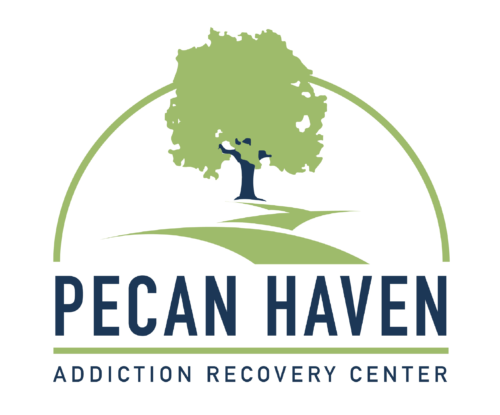Recovering from alcohol addiction is a difficult journey that requires a lot of dedication and resilience. This is true of recovery from any substance, but alcohol is the most prevalent substance in our society– and therefore often the most difficult to avoid.
While acknowledging the problem and seeking treatment is a huge step in your journey, you might find that the real challenge lies in resisting the pull of alcohol during your recovery, post-treatment.
We’ve compiled our best insights and tips on how to avoid alcohol during your recovery, keeping you empowered and strong on your path to long-lasting sobriety.
Support system
Obtaining a support system during your recovery is essential. This system might include family, friends, and other people in recovery.
Attending twelve-step meetings or other support groups, or seeking counseling sessions, can also help to provide you with a safe space to share your experiences, gain encouragement, and receive guidance and understanding during difficult times.
Recognize triggers
You might find it extremely helpful to identify the triggers that cause you to crave or seek out alcohol. Once you’ve identified what makes you feel the compulsion to drink, you can work on developing healthy coping mechanisms that can help you navigate through your feelings without drinking.
Some of these coping mechanisms might include engaging in activities that are healthy and make you feel good, like hobbies, sports, or creative pursuits.
Speaking with a professional therapist or addiction counselor can also help you to address underlying emotional issues that can complicate triggers and the ability to cope.
Set realistic goals
Don’t hesitate to celebrate the milestones of your recovery journey. There’s a good reason why twelve-step meetings make it a point to celebrate people who have reached 24 hours of sobriety!
Setting achievable goals and then celebrating your progress will help to boost your confidence and motivation to stay committed to your recovery. Surround yourself with people who are willing to celebrate your successes, too!
Create a routine
Often, using their substance of choice becomes a daily routine for people who are struggling with addiction.
During recovery, it’s extremely helpful to develop a routine that doesn’t revolve around substance use. Decide when to go to sleep each night, and when to wake up each morning. Bonus points for regular meal times, exercise, and the inclusion of healthy, positive activities like hobbies or exercise!
A structured routine also helps to create stability in your life. If you already know the basic structure of your days and have a set plan, you’ll be less likely to relapse.
Seek professional help
Of course, seeking rehabilitation is a major step on the journey toward recovery. (If you’re struggling and ready to take the next step toward recovery, simply give us a call or fill out our online assessment today).
However, maintaining your commitment to a sober lifestyle after leaving treatment can be a major challenge. Seeking professional help from a therapist or addiction counselor can help to provide you with healthy coping mechanisms. Remember, you’re not alone in this journey!
